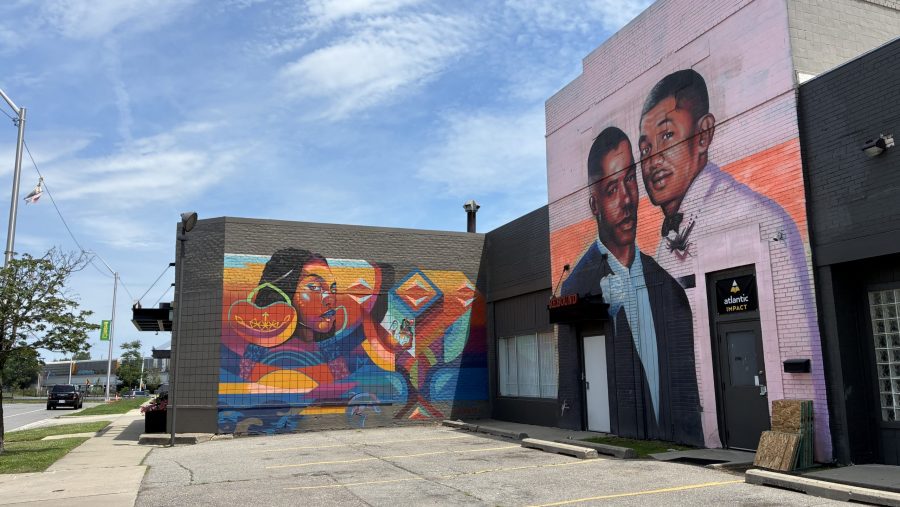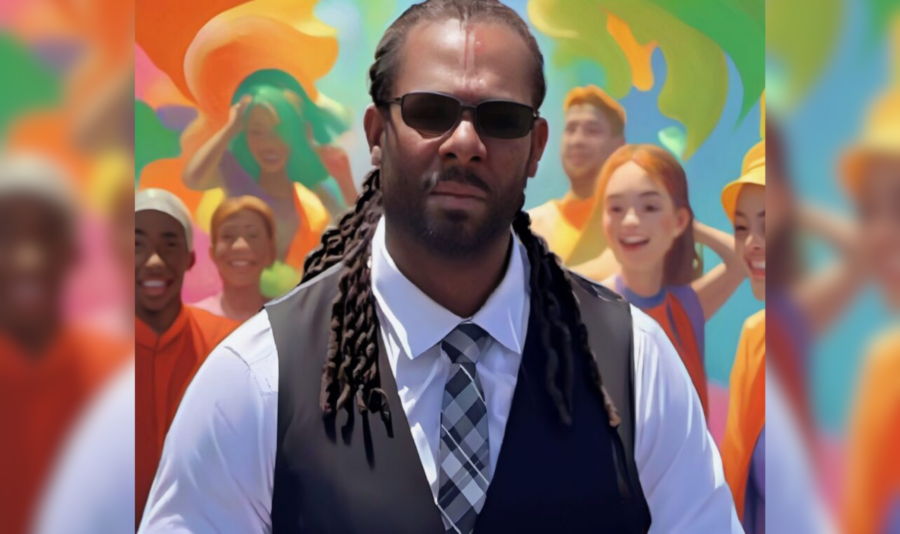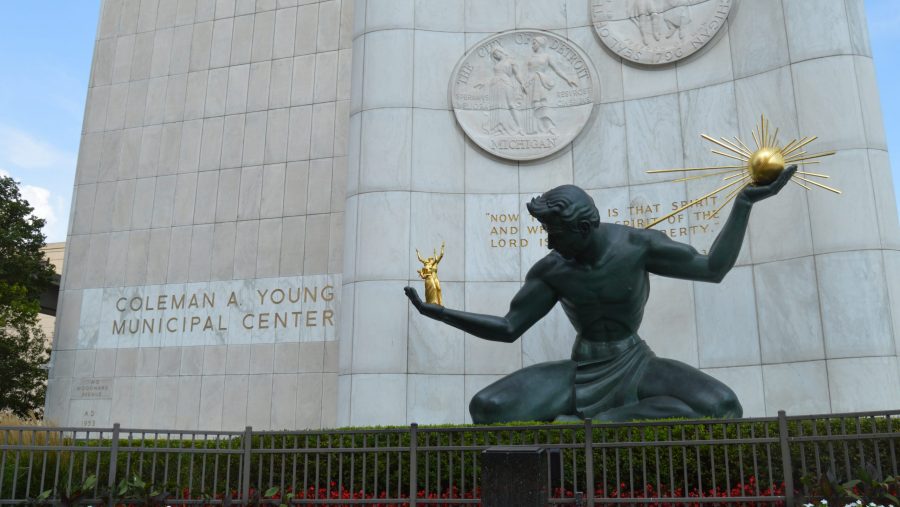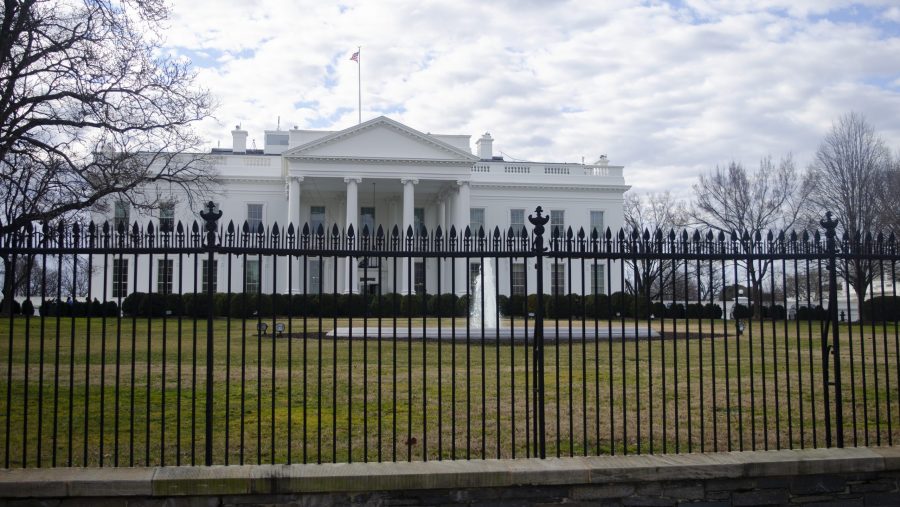The Metro: Detroit’s mayor focuses on addressing poverty
It’s been less than a month since Detroit Mayor Mary Sheffield took office, but she’s already begun putting her agenda into motion.
Her administration is creating a new Office of Neighborhood & Community Safety and establishing new departments aimed at reducing poverty. The administration has also brought Rx Kids a program that gives cash to new mothers, to the city.
Why did Sheffield’s office make these changes? And what does she hope to accomplish in her first year?
David Bowser is Mayor Sheffield’s chief of staff. He spoke with The Metro‘s Robyn Vincent.
Listen to The Metro weekdays from 10 a.m. to noon ET on 101.9 FM and streaming on demand.
Subscribe to The Metro on Apple Podcasts, Spotify, NPR.org or wherever you get your podcasts.
Support local journalism.
WDET strives to cover what’s happening in your community. As a public media institution, we maintain our ability to explore the music and culture of our region through independent support from readers like you. If you value WDET as your source of news, music and conversation, please make a gift today.More stories from The Metro
The post The Metro: Detroit’s mayor focuses on addressing poverty appeared first on WDET 101.9 FM.







